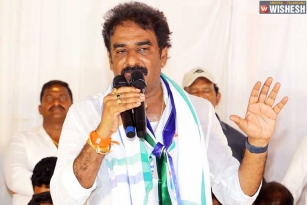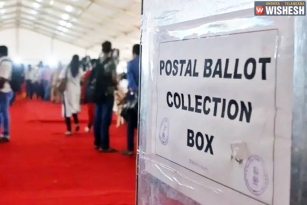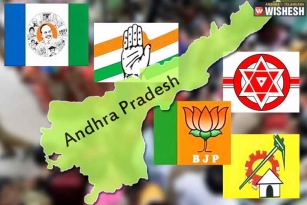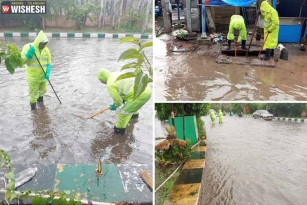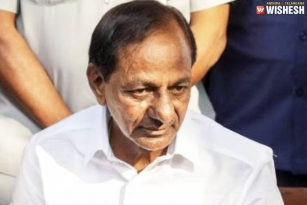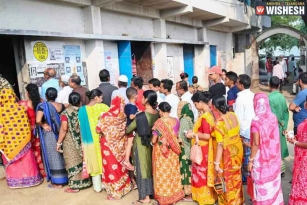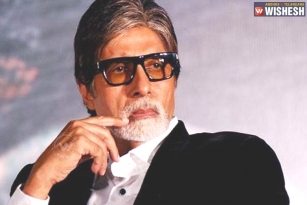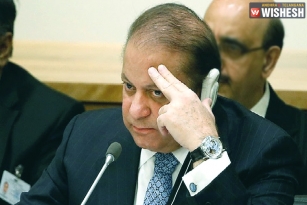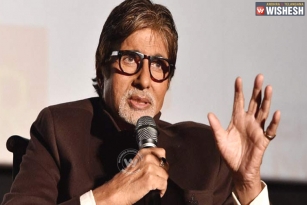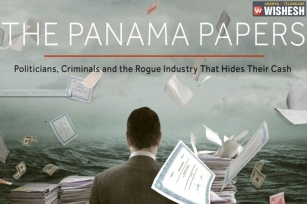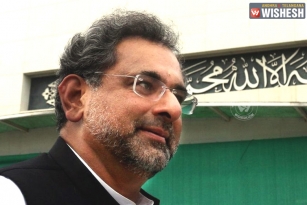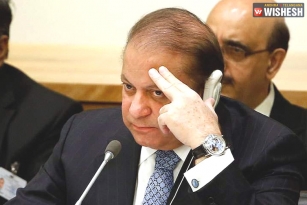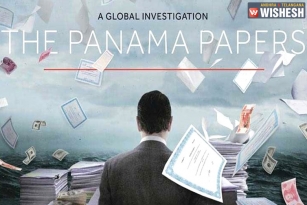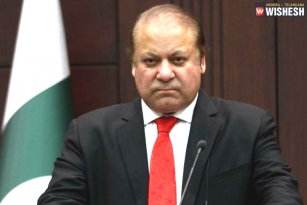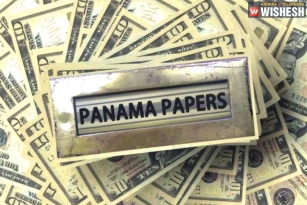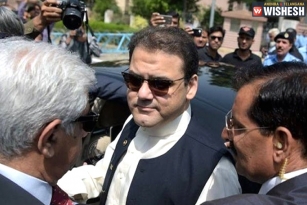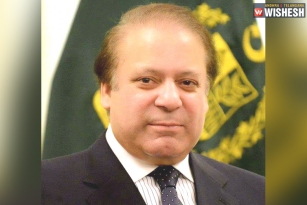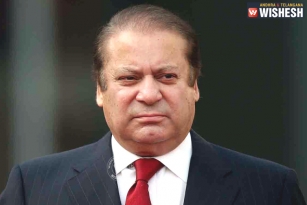
Swiss Leaks was the one big issue, that shook the country last year, where over 1100 Indians were found to have secret bank accounts in HSBC Geneva.
After such huge issue, which led to the debate over black money parked overseas, now the Panama Papers issue, is the latest one, that is being eyed by the country.
Mossack Fonseca, a law firm, headquartered in tax haven Panama, is known for its factory like production of offshore companies for its worldwide clientele of the well-heeled. It was through that firm, where about 11 million documents from the secret files, that revealed the list of individuals, who have paid the firm and purchased the benefits of the secretive, lax regulatory system.
Lax system sets up offshore entities in tax havens around the world. Mossack Fonseca’s eagerness to meet their demands, each one for a fee, that helps mask real ownership, but still show compliance.
More than 500 Indians are spotted in the list of offshore companies, foundations and trusts. Further, there are also 234 Indian passports (handed over by clients as part of the incorporation process), an 8-month-long investigation of over 36,000 files. Among those, 300 addresses authenticity has also been checked.
Right from the popular film stars like Amitabh Bachchan and Aishwarya Rai Bachchan, even corporates including DLF owner K P Singh, along with his nine family members and the promoters of Apollo Tyres and Indiabulls and in politicians, Shishir Bajoria from West Bengal and Anurag Kejriwal, the former chief of the Delhi unit of Loksatta Party, were also the part of panama papers.
During the scrutiny, in several cases, the addresses of the individuals, belonged to a tenement in a chawl in Mumbai. Not just individuals, but the scrutiny also exposed details of hitherto unknown deals, in some cases involving the government, too.
Not stopping there, the issue even includes cricket franchise deals and also others, who have been under CBI or Income Tax scrutiny.
No Indian citizen, as per RBI norms, could float an overseas entity before 2003 — in 2004, for the first time individuals were allowed to remit funds of up to $25,000 a year, under the Liberalized Remittance Scheme, and this limit stands at $250,000 a year now.
But, under LRS, when RBI let individuals buy shares, it never allowed them to set up companies outside country, having clarified it, through an FAQ mid-way in September 2010.
Regarding Panama papers, in most of the cases, before the rules changed, the companies were set up and the purpose, according to experts, was to park foreign exchange in a tax haven.
Under the Overseas Direct Investment window, it was only in August 2013, that individuals were allowed to set up the subsidiaries or invest in joint ventures.
Indeed, records investigated reveal detailed correspondence between Indian tax authorities and those in British Virgin Islands, Seychelles, Panama or other tax havens seeking shareholder, bank account and asset details of offshore companies set up by Mossack Fonseca for Indians.
Left with no choice, it is revelatory that authorities in these tax havens had to depend on Mossack Fonseca for information since, unlike India, the government is not a repository of ownership details.
At the point of time when SIT on black money is finalizing its new action-taken report, the Panama papers issue came into the existence.
In May 2014, Prime Minister Narendra Modi’s government firstly decided to form SIT.
The treasure trove of records was accessed by Munich-based newspaper Suddeutsche Zeitung, which collaborated with the International Consortium of Investigative Journalists (ICIJ) and also with about 100 media organizations to investigate its contents.
Right from the entities set up in 1977 to just four months ago, the Mossack Fonseca data contains all the details.
The data covers the period, when India began signing tax agreements with other countries to accelerate cooperation on undisclosed and untaxed assets. The worldwide expose also comes just 6 months after the 90-day “compliance scheme”, for declarations of offshore assets and accounts ended on September 30, 2015 and brought just Rs 3,770 crore from 637 declarants.
The window now closed, strict penalties and a jail term have been announced for anyone found to have undisclosed and undeclared foreign assets and accounts.
By Phani Ch


